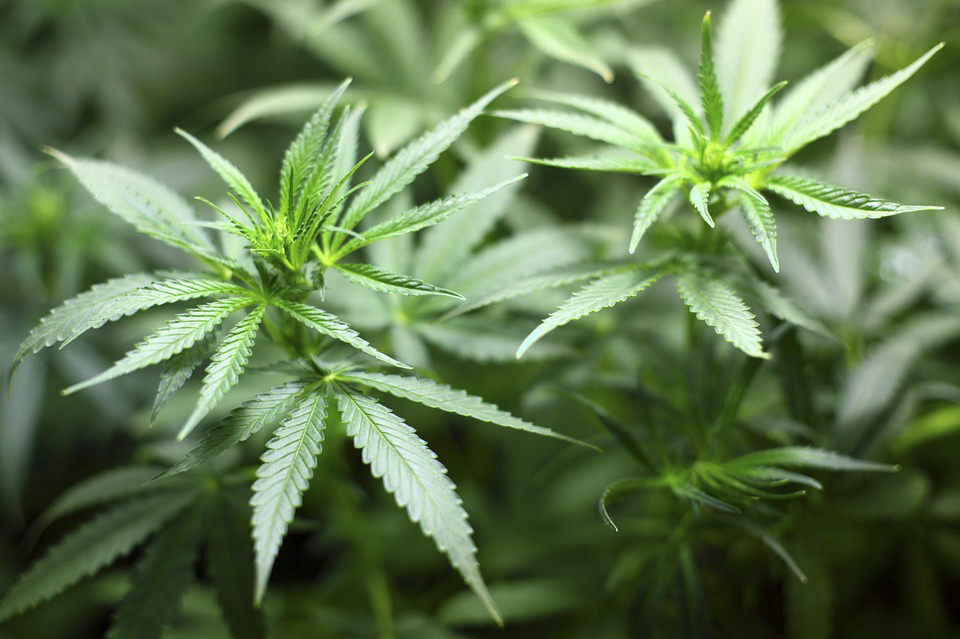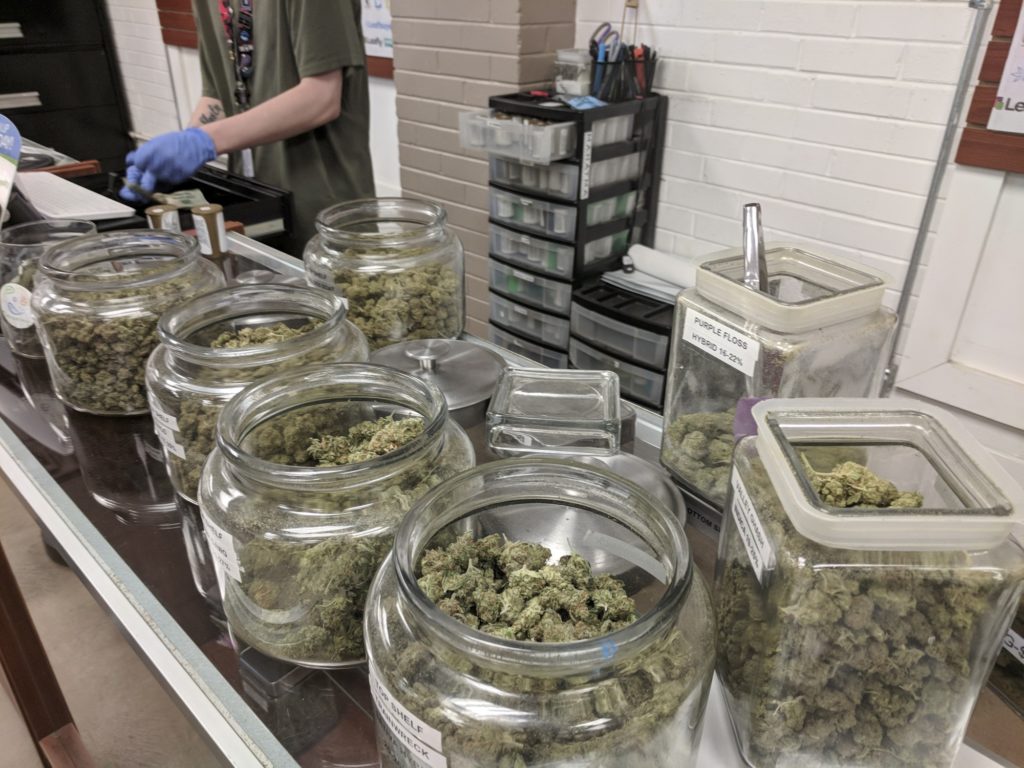On Nov. 6, Proposition 2 was approved by Utah voters in the state midterm elections, allowing patients with certain qualifying conditions to legally obtain and consume medical marijuana under a doctor’s recommendation.
However, student advocates of the drug shouldn’t celebrate just yet.
Although legally mandated under state authority, the possession and distribution of cannabis — prescribed or not — at Weber State University is likely to remain a prohibited act.
According to the official WSU Drug and Alcohol Policy, students are banned from the unlawful use, possession, distribution, sale or manufacture of controlled substances on university premises.

However, the policy’s definitions clarify that controlled substances include drugs such as cannabis “except when used in accordance with the instructions of a physician or dentist.”
Additional clauses state that WSU will make reasonable accommodations for students who are dependent on drugs or alcohol to assist them in the pursuit of their academic and professional careers.
Under these sanctions, students using marijuana for strictly medical purposes on campus would technically be permitted; however, that does not guarantee that the university would allow the use.
In addition to being a criminal offense under federal law, use of medical marijuana on college or university campuses in the United States is restricted by the federal Drug-Free Schools and Communities Act.
These laws require that, as a condition of receiving financial assistance from governmental programs, any institution of higher education (IHE), state educational agency (SEA) or local educational agency (LEA) must follow federal policy by submitting certification of a continuously-enforced drug-prevention program.
Failure to adhere to these regulations results in an institution losing its eligibility for funding from the federal government, leading many schools throughout the nation to comply in fear of having their life-lines cut off.

Although WSU has yet to release an official statement on the subject, with funding on the line, the school will likely keep its current policies in place rather than accommodating the changes brought forth by Proposition 2.
Similar to schools in other states such as Oregon or California, students prescribed to use medical marijuana would be required to only consume and distribute it off-campus. Of course, this creates a predicament for those living in university residential housing.
However, students at WSU are not the only ones met with obstacles over the issue, as faculty and staff would likely follow similar regulations.
According to the Drug and Alcohol Testing Policy at WSU, employees in safety-sensitive positions are prohibited from using, being under the influence of, possessing or testing positive for a controlled substance while on campus.
Although Proposition 2 is built with some protection for medical marijuana users, it does not safeguard those in the workplace. Therefore, if an employee or applicant at WSU was found in violation of this code, the university has the right to immediately terminate them.
This and several other legal complications of Proposition 2 will likely be addressed at the legislative special session for medical marijuana projected to take place on Dec. 3.
For more information on the laws regarding medical marijuana in Utah, visit https://www.utah.gov/residents/utahlaws.html.



















